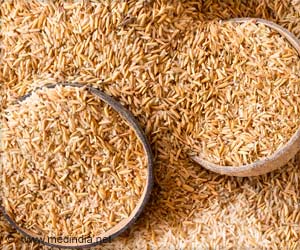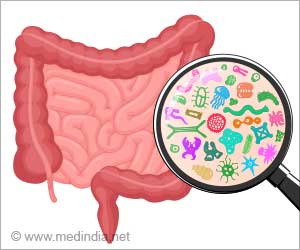There is no evidence that antioxidant supplements interfere with the therapeutic effects of chemotherapy agents, according to a recent systematic review.
There is no evidence that antioxidant supplements interfere with the therapeutic effects of chemotherapy agents, according to a recent systematic review of the use of antioxidants during chemotherapy. In fact, they may help increase survival rates, tumor response, and the patient’s ability to tolerate treatment. This conclusion has important implications for patients whose oncologists discourage the use of antioxidant supplements during treatment. Until now, their concern has been that these supplements may counteract the tumor-shrinking abilities of the chemotherapy.
“This review demonstrates that there is no scientific support for the blanket objection to using antioxidants during chemotherapy. In addition, it also appears that these supplements may help mitigate the side effects of chemotherapy,” said Keith I. Block, MD, lead author of the study and Medical Director of the Block Center for Integrative Cancer Treatment. “This is significant because it increases the likelihood that patients will be able to complete their treatment.”Co-author Dr. Robert Newman, Professor of Cancer Medicine at M. D. Anderson Cancer Center said, “This study, along with the evolving understanding of antioxidant-chemotherapy interactions, suggests that the previously held beliefs about interference do not pertain to clinical treatment.”
The analysis, titled “Impact of Antioxidant Supplementation on Chemotherapeutic Efficacy: A Systematic Review of the Evidence from Randomized Controlled Trials,” evaluated 845 articles from five scientific databases that examined the effects of taking natural antioxidant supplements concurrent with chemotherapy.
Out of the 845 studies that were analyzed, 19 met all evaluation criteria. These included the use of randomized trials with a control group, and the reporting of treatment response (tumor shrinkage) and survival data. The 1,554 patients represented had a variety of cancer types, and most had advanced or relapsed disease. Some of the antioxidants used in the trials included glutathione, vitamin A, vitamin C, vitamin E, ellagic acid, selenium and beta carotene.
Source-Newswise
SRM/N











